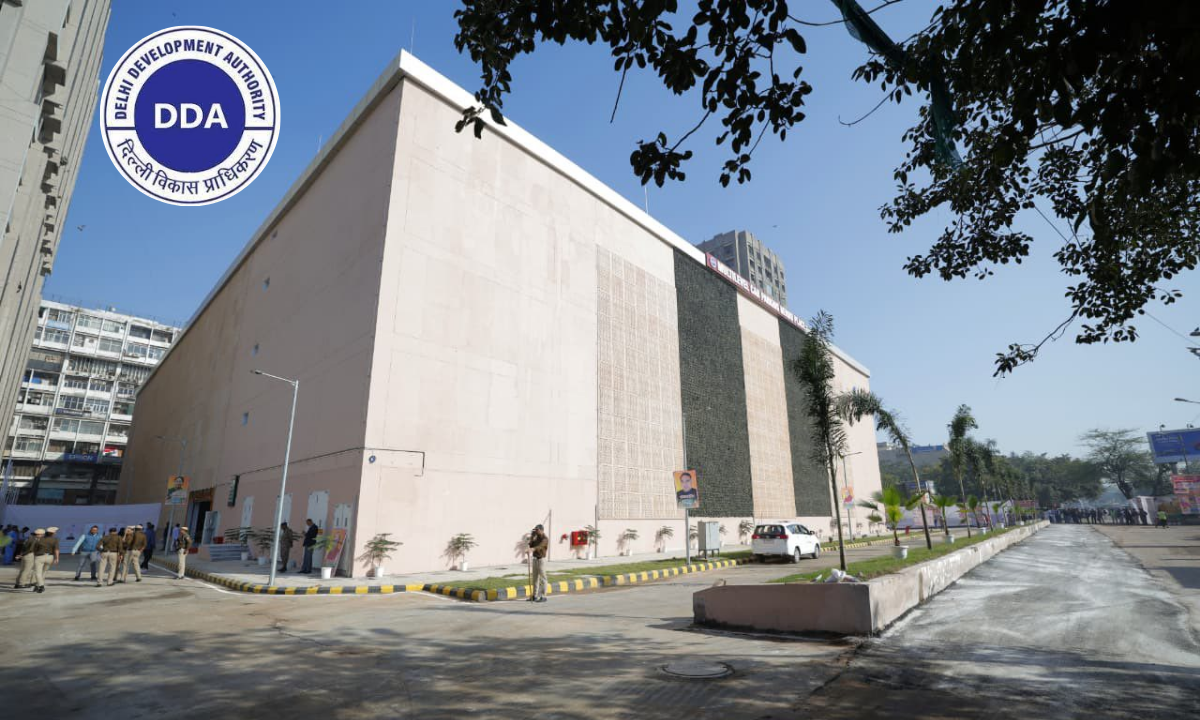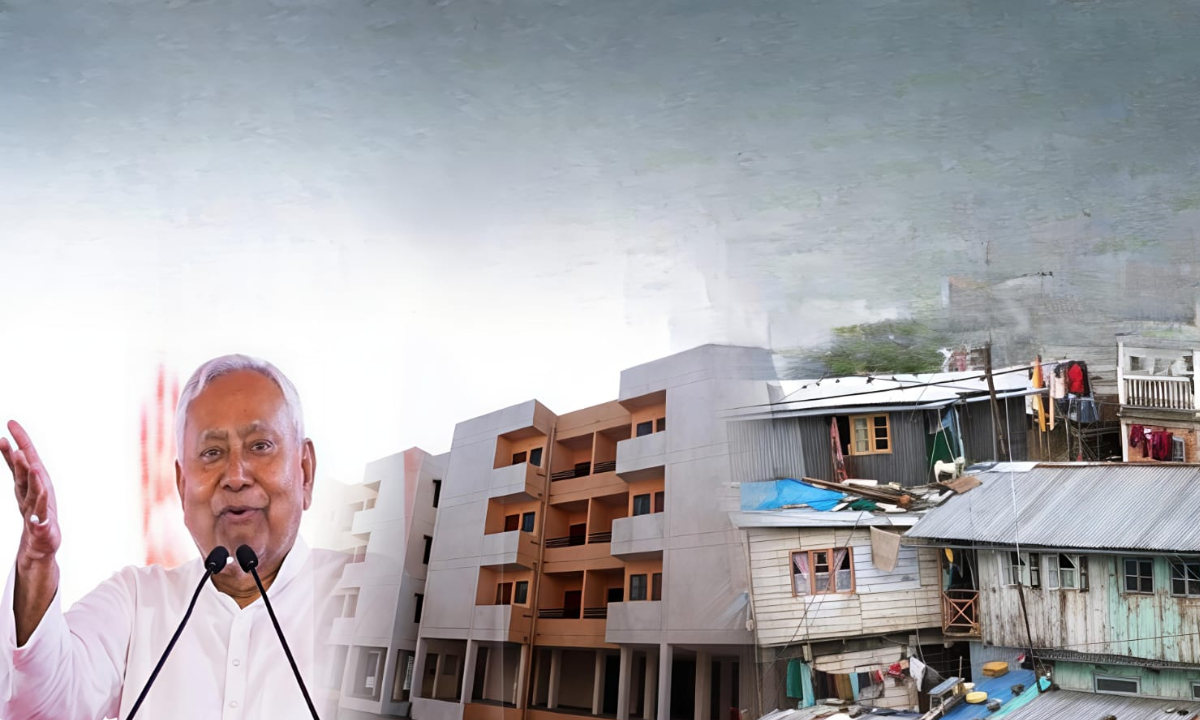The National Company Law Tribunal (NCLT) has initiated the corporate insolvency resolution process (CIRP) against Supertech Township Projects Limited. The decision came in response to a petition filed by the Bank of Punjab & Sind, seeking recovery of ₹216 crore loan dues from the real estate developer.
The NCLT's order, delivered by Justice Manni Sankariah Shanmuga and Dr. Sanjeev Ranjan, acknowledged that Supertech's developer account had been classified as a non-performing asset (NPA) since 2018. Given this status, the tribunal concluded that the promoter was unlikely to complete and deliver the project, thus justifying the initiation of the CIRP.
Supertech Township Projects Limited had been developing a housing project named Golf Country, spread over 99 acres in Sector 22D along the Yamuna Expressway. Despite objections from homebuyers and the developer, who argued against the CIRP, the tribunal upheld the bank's plea.
The bank's application under Section 7 of the Insolvency and Bankruptcy Code (IBC) 2016 was admitted, directing the Registry to communicate the order to the financial creditor, the corporate debtor, the Interim Resolution Professional (IRP), and the Registrar of Companies, NCT of Delhi & Haryana within seven days. Additionally, the financial creditor was instructed to deposit ₹200,000 with the IRP, Umesh Singhal, to cover initial expenses related to the resolution process.
The Golf Country project, which was estimated to cost ₹1,499.97 crore, was to be financed through a combination of a term loan of ₹340 crore, the promoter's contribution of ₹453.04 crore, and advance bookings from customers amounting to ₹706.93 crore. However, since the bank issued its first notice to Supertech Township Project Limited on July 10, 2018, the developer has struggled to secure the necessary funds to complete the project.
Supertech Group's chairman, R.K. Arora, responded to the NCLT's decision, indicating plans to appeal to the National Company Law Appellate Tribunal (NCLAT). He emphasized that the project in Yeida had faced delays due to land disputes and partial possession issues. Arora expressed confidence in resolving the financial challenges by bringing in co-developers, as per the Yeida policy, to complete and hand over the project to homebuyers. He also criticized the use of the IBC for real estate projects, arguing that it is not a viable solution.
The initiation of the CIRP against Supertech adds to the growing list of real estate developers facing insolvency proceedings. This development underscores the financial difficulties faced by the sector, particularly in delivering large-scale housing projects. With around 3,000 homebuyers still awaiting possession of their units in the Golf Country project, the NCLT's decision aims to provide a structured mechanism to address the financial woes and ensure the completion of the project.
As the legal process unfolds, stakeholders, including homebuyers and financial institutions, will closely monitor the developments to safeguard their interests and seek timely resolution.
Image source- scobserver.in









.png)